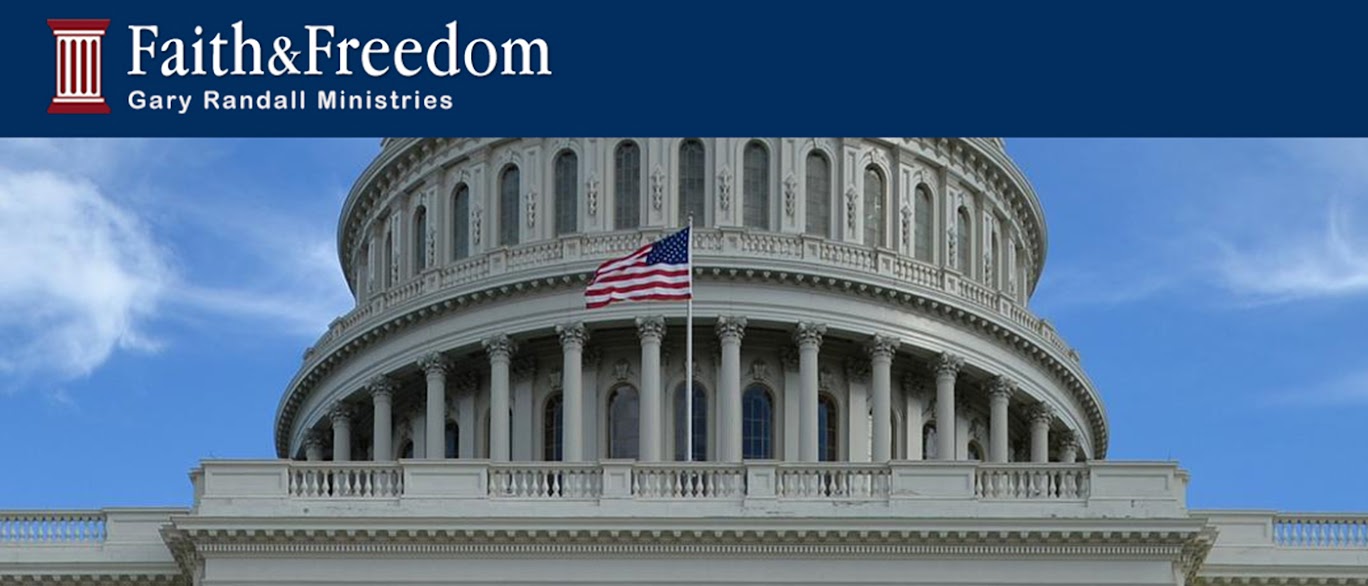Elway found that those who favor the "everything but marriage" law are slightly more than those who oppose it as of last week.
I have posted the Secretary's article. Please take a moment and read it. We have some work to do, but it certainly is not a 20-30% deficit as some in the faith community were predicting a couple of months ago---if R-71 made the ballot.
There is a margin or error in the poll that would equal or exceed the difference. Also note the category of people who regularly attend church and are involved in Christian conversations, and the likely voters category.
The following is the report from the Secretary's office:
Indie poll shows R-71 a close call …
by David Ammons September 28th, 2009
According to a fresh Elway Poll by independent pollster Stuart Elway, the measure currently has a slim lead statewide — 46 percent to approve the law and 41 percent to reject it. Elway, who has been tracking public opinion on gay-rights issues for years, reports considerable confusion about what an affirmative or negative vote means on R-71. Grabber quote: “Overall, 10 percent of voters surveyed were planning to vote the opposite of their intention,” hurting supporters of the law slightly more than opponents.
Indeed, more people told Elway they support the “everything but marriage” law than told him they supported Referendum 71. Elway notes in an aside that his polling shows much stronger support for equal rights and domestic partnerships than for full-out gay marriage. “The term ‘marriage’ still may be the defining line in the public debate,” he says, adding “Nicknaming Washington’s new law ‘everything but marriage’ may test how close to that line voters are willing to go, even in a blue state like Washington.”
Elway’s crosstabs are interesting: self-identified Democrats heavily support the new law, SB5688, with a 64 percent affirmative vote, while 71 percent of the Republicans oppose it. Independents, representing 46 percent of the sample, leaned in favor of the law 45-37. Women heavily favored the law and a plurality of the men opposed it. Voters 36 to 64 backed the measure, and those younger and older were more divided. Weekly churchgoers and those who “typically agree with Christian conservations” were inclined to reject the law. Elway said his sample of most-likely voters were inclined, 48-40, to support R-71, which he called significant in a low-turnout election year.
Footnote: Given Elway’s finding on voter-confusion, we want to add yet again this explainer: If you support expanded rights for domestic partners, as adopted by the Legislative and signed by the governor, you should vote to “approve” the legislation. Currently on hold for the election, it would extend to state-registered domestic partners the full array of rights and responsibilities that married couple enjoy. Want to roll back the law? You should vote to “reject” it. Yes, opponents of the law are the sponsors of the referendum, but they’re looking for a “reject” vote.
_________________________
_________________________
Continue to have conversations with as many people as possible. We are finding that the better people understand what SB 5688 really is about, the more they are inclined to join us in opposing it and voting REJECT on the issue.
_________________________
Gary Randall
President
Faith & Freedom
